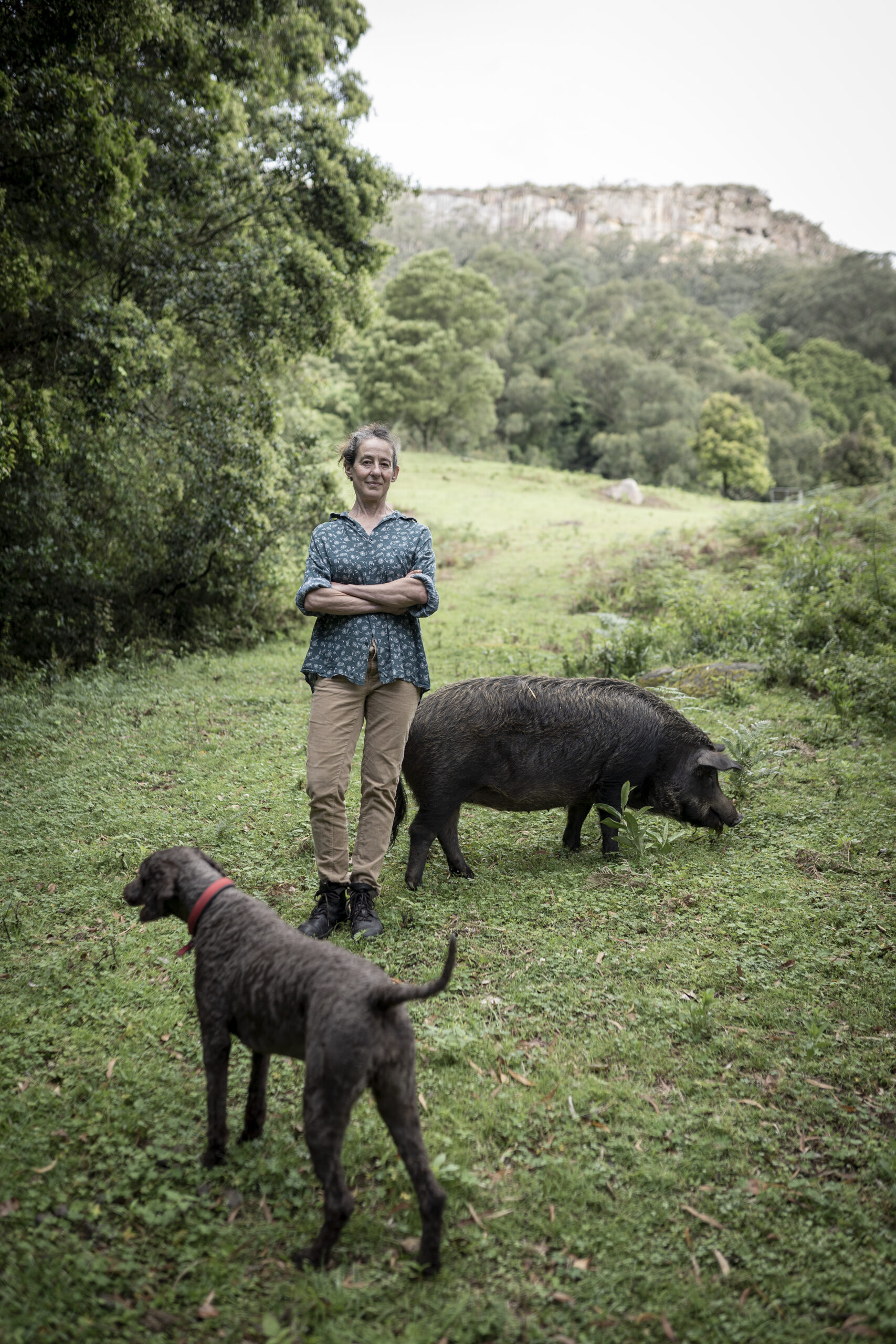Books:
Broom, D.M. and Johnson, K.G. (2019). Stress and Animal Welfare: Key Issues in the Biology of Humans and Other Animals, 2nd ed. Cham, Switzerland: Springer Nature. doi.org/10.1007/978-3-030-32153-6
Denworth, Lydia. (2020). Friendship: The Evolution, Biology, and Extraordinary Power of Life’s Fundamental Bond. New York: Norton.
Guest, Kristen and Mattfield, Monica. (2019). Horse Breeds and Human Society: Purity, Identity and the Making of the Modern Horse. Routledge.
Lilley, Joanna. (2020). Endlings: A Collection of Poems about Extinct Animals. Winnipeg, Canada: Turnstone Press.
Louv, Richard. (2020). Our Wild Calling: How Connecting With Animals Can Transform Our Lives—and Save Theirs. Algonquin.
Meijer, Eva. (2020). Animal Languages: The Secret Conversations of the Living World.Cambridge, MA: MIT Press.
Ravindranathan, Thangam. (2020). Behold an Animal: Four Exorbitant Readings. Evanston: Evanston, IL: Northwestern University Press.
Journals and Chapters
Special Issue
A special Issue of the open access journal, Animals, themed “Positive Aspects of Animal Welfare,” is now available.
New Articles
Kira Bernauer, Hanna Kollross, Aurelia Schuetz, Kate Farmer & Konstanze Krueger. (2020). How do horses (Equus caballus) learn from observing human action? Animal Cognition, 23, 1–9.
Cruzada, Santiago M., Ruiz-Ballesteros, Esteban and Del Campo Tejedor, Alberto. (2019). Deception in practice: Hunting and bullfighting entanglements in southern Spain. HAU: Journal of Ethnographic Theory, 9(3): 514–528.
Franks, Becca; Webb, Christine; Gagliano, Monica; and Smuts, Barbara (2020). Conventional science will not do justice to nonhuman interests: A fresh approach is required. Animal Sentience, 27(17).
Hinds, Janie. (2020). Horror and the Posthuman: Edgar Allan Poe’s Narrative of Arthur Gordon Pym, Nonhumans, and Ethics. Humanimalia, 11(2), Spring 2020.
Hoy-Gerlach, J. Vincent, A. and Hector, B.L. (2019) Emotional Support Animals in the United States: Emergent Guidelines for Mental Health Clinicians.Journal of Psychosocial Rehabilitation and Mental Health, 6, 199–208.
Overton, N. (2020). Can hunter-gatherers ever ‘get to know’ their prey?The role of environmental experiences and daily interactions in the formation of human–nonhuman relationships in the British Mesolithic and beyond. Hunter Gatherer Research, 4(2). DOI: 10.3828/hgr.2018.10
Rosenberg, S., Riggs, D.W., Taylor, N. and Fraser, H. (2020) ‘Being together really helped’: Australian transgender and non-binary people and their animal companions living through violence and marginalization. Journal of Sociology. https://doi.org/10.1177/1440783319896413
Schrimpf, Amy, Single, Marie-Sophie and Nawroth, Christian. (2020). Social Referencing in the Domestic Horse. Animals, 10(1), 164. https://doi.org/10.3390/ani10010164
Serpell, J.A., Kruger, K.A., Freeman, L.M, Griffin, J.A., and Ng, Z.Y. (2020). Current Standards and Practices Within the Therapy Dog Industry: Results of a Representative Survey of United States Therapy Dog Organizations. Frontiers in Veterinary Science. https://doi.org/10.3389/fvets.2020.00035
Vincenti, A., McDonald, S., Poe, B. and Deisner, V. (2019). The Link Between Interpersonal Violence and Animal Abuse.Society Register, 3(3): 83-101.
Wright, Laura, Ed. (2020). Through a Vegan Studies Lens: Textual Ethics and Lived Activism. U of Nevada Press. ISLE: Interdisciplinary Studies in Literature and Environment, isaa007, https://doi.org/10.1093/isle/isaa007.
Information courtesy of Animals & Society Institute


